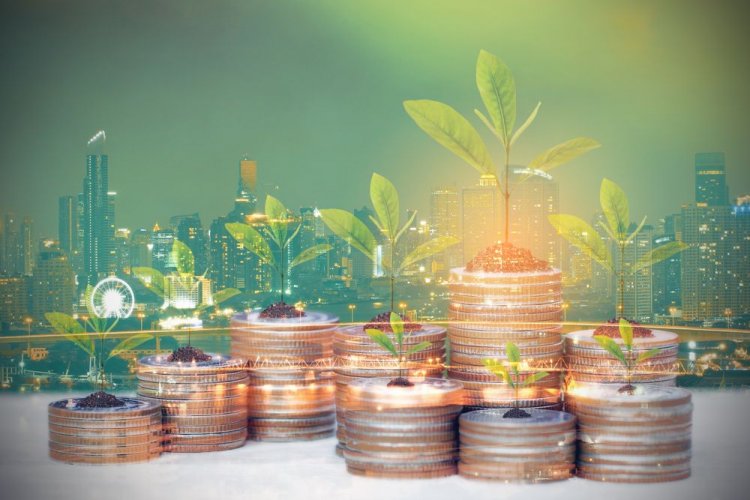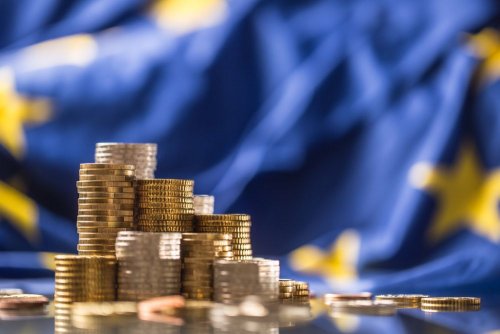The Green Digital Finance Alliance (GDFA) and the Swiss Green Fintech Network, with the support of the Swiss Secretariat of State for International Finance (SIF), have launched the final version of the world's first classification of green fintech.
The classification covers seven categories of green fintech, said Finanefeeds
The Green Fintech Classification should be a tool to further mature and stimulate the green fintech market through a coherent approach for policy makers, investors and market participants to analyze and segment green fintech markets.
The material explained that the introduction of the classification of green fintechs was facilitated by the evolution of the fintech market in 2021, which was marked by a new wave of fintech solutions with green intentions.
The first classifications used categories such as digital lending, digital payment solutions, and digital wealth management, which largely reflected an established segment of financial products processed into digital forms.
The second wave of fintech market development used new datasets and basic infrastructure to innovate brand new digital financial products and services, for example, based on programmable assets such as utility tokens or security token offerings.
However, the third wave of classification is determined by the behavior of its protagonists with green goals and the industry's desire to embrace new types of commercial applications to better align the financial system.
"These solutions either open up new and more advanced green finance, or better align existing financial and capital flows with environmental goals. Given this latest wave of fintech market evolution, an updated taxonomy is needed," the statement said.
The material also noted that the classification will evolve over time.
Categories of green fintech:
- Green digital payments and bills;
- Green digital investment solutions;
- Digital solutions for data and analytics ESG;
- Green digital crowdfunding and syndication platforms;
- Green digital solutions for risk analysis and insurance;
- Green digital solutions for deposits and loans;
- Green solutions for digital assets;
- Green regtech solutions.
Each category uses core databases, which, if made available, can stimulate an increase in the supply of green fintech innovations.
"Open source datasets that have already incorporated many green fintech innovations include open source Earth observation data from Copernicus and NOAA databases, carbon inventories and carbon databases, voluntary carbon credit registries and open banking data infrastructure," - it is said in the message.
Green fintechs actively use companies' own databases managed by ESG data providers, often in conjunction with web scraping. Dynamic asset level data generated by the Internet of Things is one of the categories of data sets with the least impact.
We will remind, in US SEC is planning counteract false statements on ESG investments.
As EcoPolitics reported earlier, Great Britain update the Strategy green financing.





